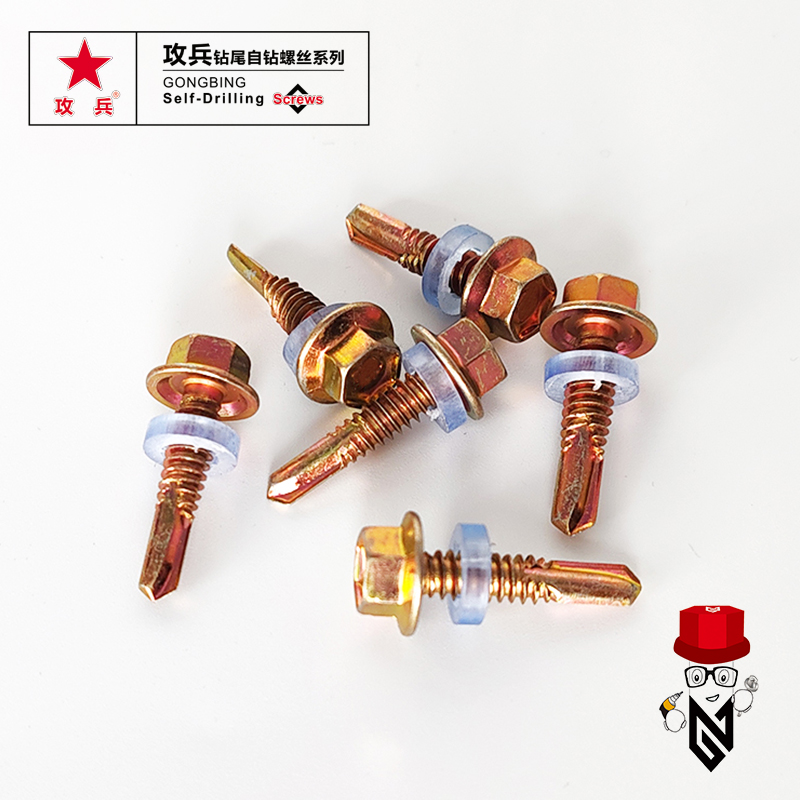foundation bolt price
Understanding Foundation Bolt Prices Key Factors and Insights
Foundation bolts are critical components in construction, serving as anchors that secure structural elements to their foundations
. Whether in commercial high-rises or residential buildings, these bolts ensure stability and safety, making their pricing a point of interest for contractors, engineers, and project managers alike. Understanding the factors influencing foundation bolt prices can help buyers make informed purchasing decisions.First and foremost, the material used to manufacture foundation bolts plays a significant role in pricing. Common materials include carbon steel, stainless steel, and various alloys, each possessing different attributes like strength, corrosion resistance, and durability. For instance, stainless steel bolts are typically more expensive than carbon steel bolts due to their enhanced resistance to rust and oxidation, which can be crucial in harsh environments such as coastal areas.
The size and specifications also contribute to the pricing. Foundation bolts come in a variety of diameters and lengths, and custom sizes may be necessary for specific projects. Larger and longer bolts require more material and processing, which invariably drives up the cost. Additionally, bolts that meet certain industry standards or are designed for specific load capacities tend to be pricier due to the increased manufacturing complexity and quality assurance processes.
foundation bolt price

Another important factor is the volume of purchase. Bulk buying often yields discounts, which can significantly lower the per-unit price. Contractors working on large-scale projects can benefit from negotiating prices with suppliers, potentially leading to more favorable deals. Conversely, smaller quantities may incur higher prices due to the lack of economies of scale.
Shipping and handling costs should also be considered. Depending on the supplier's location and the destination of the bolts, these additional fees can impact the overall cost of acquiring foundation bolts. It’s advisable for buyers to compare shipping rates from multiple suppliers to ensure they are getting the best deal.
Finally, market demand and supply dynamics play a crucial role in determining foundation bolt prices. Economic conditions, material shortages, and changes in construction activity can lead to fluctuating prices. Staying informed about industry trends is essential for making timely purchases.
In conclusion, foundation bolt prices are influenced by a myriad of factors including material, size, purchase volume, shipping costs, and market dynamics. Buyers should evaluate these elements carefully to ensure they choose the right products for their projects while managing costs effectively. By understanding these aspects, stakeholders in construction can make informed decisions that contribute to the success of their projects.
-
Weatherproof Plastic Expansion Anchors for OutdoorNewsJun.06,2025
-
Sustainability in the Supply Chain: Eco-Friendly TEK Screws ProductionNewsJun.06,2025
-
Load-Bearing Capacity of External Insulation FixingsNewsJun.06,2025
-
Double Head Bolts: Enhancing Efficiency in Industrial MachineryNewsJun.06,2025
-
Corrosion Resistance in Chipboard Screws: Coatings for Wholesale DurabilityNewsJun.06,2025
-
Butterfly Toggle Bolts : Enhancing Structural ResilienceNewsJun.06,2025
